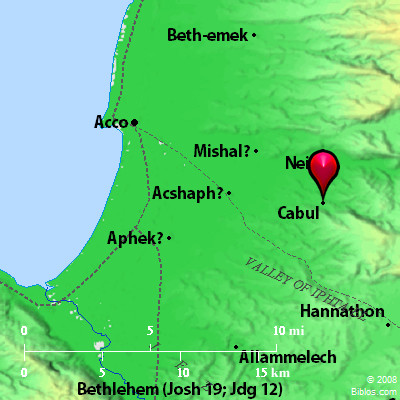
by
Damien F. Mackey
“‘What kind of towns are these you have given me, my brother?’ he asked.
And he called them the Land of Kabul, a name they have to this day”.
I Kings 9:13
King Hiram, the merchant king, generally drove a hard bargain, as exemplified for example by his threat to the prince of Dêr in Babylonia. On this, see my article:
King Hiram the Historical and Hiram Abiff the Hysterical
And he showed his utter disgust to his “brother”, Solomon, whose “twenty towns in Galilee” Hiram considered to be quite unworthy of his own generosity (I Kings 9:11-12):
King Solomon gave twenty towns in Galilee to Hiram king of Tyre, because Hiram had supplied him with all the cedar and juniper and gold he wanted. But when Hiram went from Tyre to see the towns that Solomon had given him, he was not pleased with them.
Cyrus Gordon, who provided us with the key to the riddle of Samson in his intriguing book, Riddles in History, (New York: Crown Publishers. 1974), will, in that same book, explain what King Hiram was on about when he contemptuously called Solomon’s Galilean cities, Kabul.
KBWL, as Gordon explains, is here to be understood (read) as an atbash:
“An Atbash code occurs when the first letter of the alphabet is substituted for the last and the second for the second to last …”.
What Hiram was really saying about those twenty towns
in Galilee was that they constituted (with Kabul
atbash-ed), a LŠPK, meaning, a
“Rubbish Heap”.
No comments:
Post a Comment